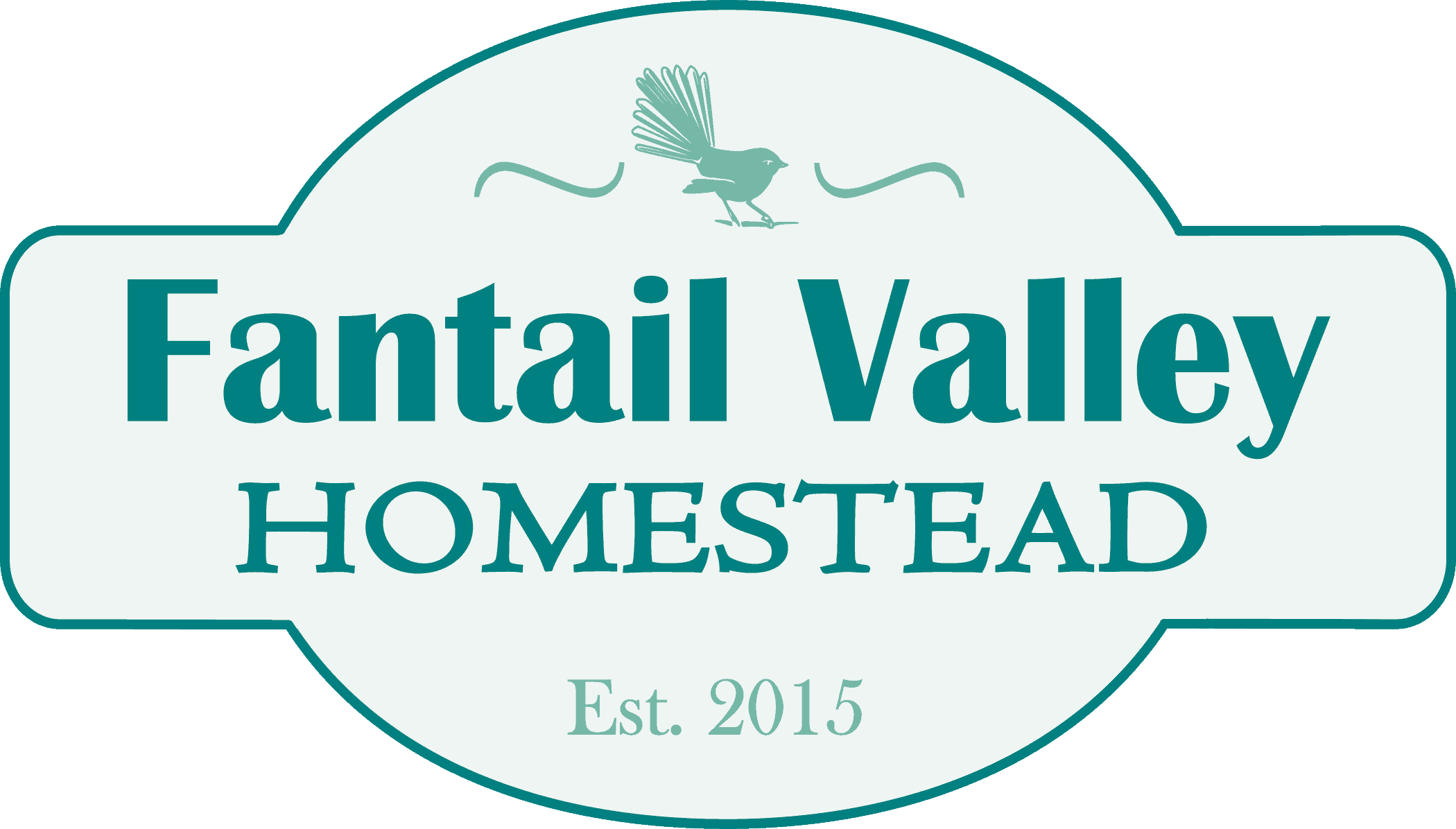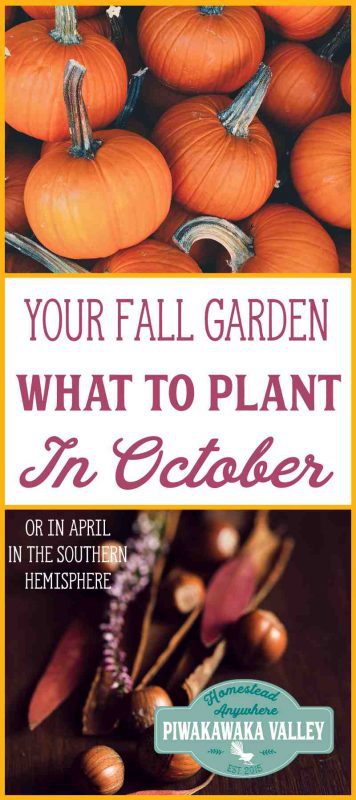This post was most recently updated on November 20th, 2017
What to plant in your Fall vegetable garden in October if you are in the Northern Hemisphere and what to plant in your vegetable garden in April if you are in the Southern Hemisphere.
Please read: This information is provided for educational purposes only and is not intended to treat, diagnose or prevent any disease. We encourage you to make your own health care decisions in partnership with a qualified health care professional.
This post contains affiliate links, this means at no extra cost to you, we make a commission from sales. Please read our Disclosure Statement
What you can grow in your October garden varies significantly depending on where you live. In warmer places – Zones 8-10 you can keep planting outdoors, straight into the soil.
In cooler areas Zones 5-7 you can still sow some things, just start them indoors first.
Most seeds germinate best with a soil temperature of between 45-75F / 8-20C.
Make sure you keep new seedlings out of the baking sun, or the first frosts, and make sure everyone is well mulched and well watered.
To use the lists below, first you need to discover what USDA Zone you live in.
If you are looking for more information about vegetable gardening, I suggest that you also have a good read over our growing a prolific garden information.
We recommend that you get your seeds from Seeds for Generations as they are a homegrown, US family business specializing in heirloom seeds.
Cauliflower heads can be damaged by rain as winter nears. Those that are coming ready should have their outer leaves turned in over their ‘curds’ to help protect them.
A copper spray to celery that is showing signs of leaf spot will help keep it in check. It needs to be re-applied every 2 weeks to remain effective.
Keep on top of the weeds in the asparagus beds, allowing the last of the crop to keep growing until it yellows off. This allows the plant to add more food to its stores for the winter, growing the plants crown and ensuring a better crop next season. This is a good time to treat them to some well rotted compost or manure and a sprinkling of seaweed.
Personally, I plan to get my garlic in this week or early next week depending on the weather as I like it to have a nice long growing season. I find that it ensures nice big bulbs.
Dig out the last of the main crop potatoes and store in a dark, dry place in a single layer. Use any damaged or bruised ones first.
Clear away rubbish. Healthy plant pieces can go into your compost garden, but seed heads and anything diseased is better burnt or send to the local green rubbish depot. This is because at this time of year it is unlikely that your compost will heat hot enough to destroy the seeds and spores.
Remove any weeds and mulch the ground thickly to stop them returning while the bed is resting over the winter. Add a sprinkling of lime – 4oz/100g / 10 sq ft/1sq meter.
What to Plant in your October Fall Vegetable Garden Depending on your USDA Zone
Zone 1-3
Garlic
Turnips
Fava/Broad Beans
Zone 4-5
Garlic
Turnips
Fava/Broad Beans
Zone 6-7
Onions
Collard greens
Lettuce
Radish
Zone 8-9
Beets
Collard greens
Onion (bulbing)
Broccoli
Kale
Onion (multipliers)
Brussel sprouts
Kohlrabi
Parsley
Cabbage
Leek
Radish
Mustard
Spinach
Chinese cabbage
Onion (bunching)
Strawberry
Zone 10
Collard greens
Onion (bunching)
Onion (bulbing)
Beets
Endive/Escarole
Onion (multipliers)
Broccoli
Kale
Parsley
Brussel sprouts
Kohlrabi
Radish
Cabbage
Leek
Carrots
Lettuce
Turnips
Cauliflower
Mustard
For further reading, I really recommend all of these books. I own every one of them and they are amazing resources!
Please Pin and Share!







